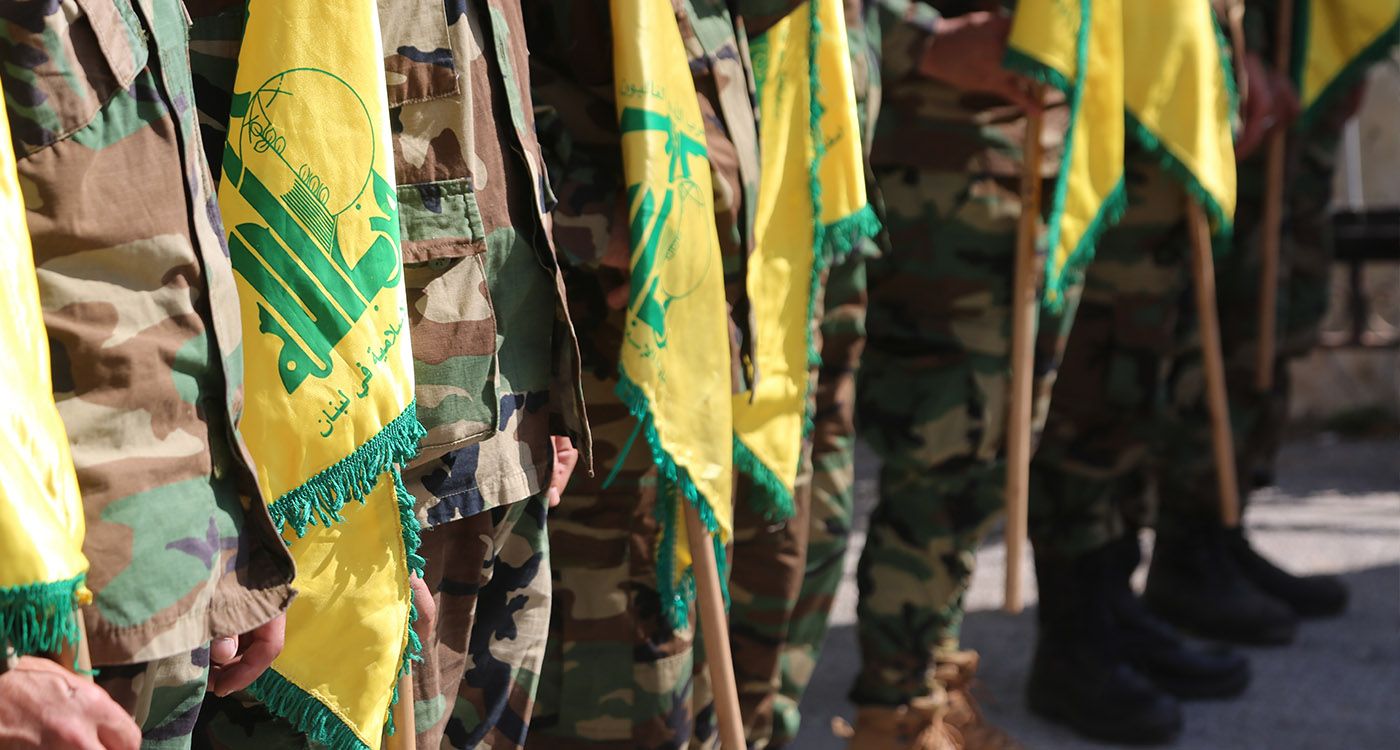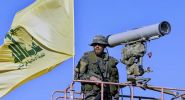
Hezbollah appears to be pivoting its strategy from direct military confrontation with Israel to targeting journalists and opinion leaders in Lebanon. This shift was highlighted recently by the assault on journalist Daoud Rammal, who was attacked by suspected Hezbollah members while visiting his parent's grave in Doueir, located in the Nabatiyeh region.
In the aftermath of the incident, Rammal declared the attack a fundamental issue of “freedom and the protection of dissenting opinion,” firmly stating his rejection of the imposed Wilayat al-Faqih system. “I will not tolerate anyone trying to enforce this ideology on us,” he asserted.
Charles Jabbour, head of the Lebanese Forces Media and Communications Department, emphasized this worrying trend in an interview with This is Beirut, comparing Hezbollah's tactics to those employed by oppressive regimes, such as Syria. “Hezbollah seeks to intimidate intellectuals and opinion leaders,” he claimed, warning that the fear generated by such methods leads to self-censorship among the public.
Jabbour underscored that this was not a new strategy for Hezbollah, hinting at a pattern that is likely to continue as the group navigates its political landscape.
The role of media in conflict is multifaceted and crucial, serving as a powerful tool for shaping public perception and advancing political agendas. Historical examples reveal how media coverage can influence public sentiment during wars, such as the Vietnam War, where extensive reporting swayed public opinion against the conflict, while the Gulf War saw a focus on military advancements that garnered support for military actions.
In Lebanon, the recent escalation in tensions with Israel has led to warfare that has devastated parts of the country. Warnings from Israel that Lebanon could become “the second Gaza” in response to Hezbollah's rocket attacks have unfolded into significant violence, resulting in widespread displacement among Shiite communities in southern Lebanon and the Bekaa Valley.
Public sentiment has shifted dramatically, with increasing opposition to Hezbollah's actions amid Lebanon's ongoing crises. Prominent figures in civil society have condemned the group's military tactics, advocating for unity rather than conflict.
Despite suffering substantial casualties—over 4,000 according to Reuters—more than ten times the losses sustained during the month-long July 2006 war, Hezbollah's support from previously sympathetic journalists appears to be waning. This deterioration comes at a time when the Moumanaa axis, ideologically aligned with Iran, is facing considerable challenges.
The fall of Bashar al-Assad’s regime in Syria could further jeopardize Hezbollah's logistical support, as the Islamic Republic's access to weapon supply routes has been hindered. As Syrian rebels have effectively blocked pathways to Damascus, Hezbollah's attention seems to have shifted away from engaging Israeli military targets, focusing instead on silencing dissent among Lebanese intellectuals.




Comments